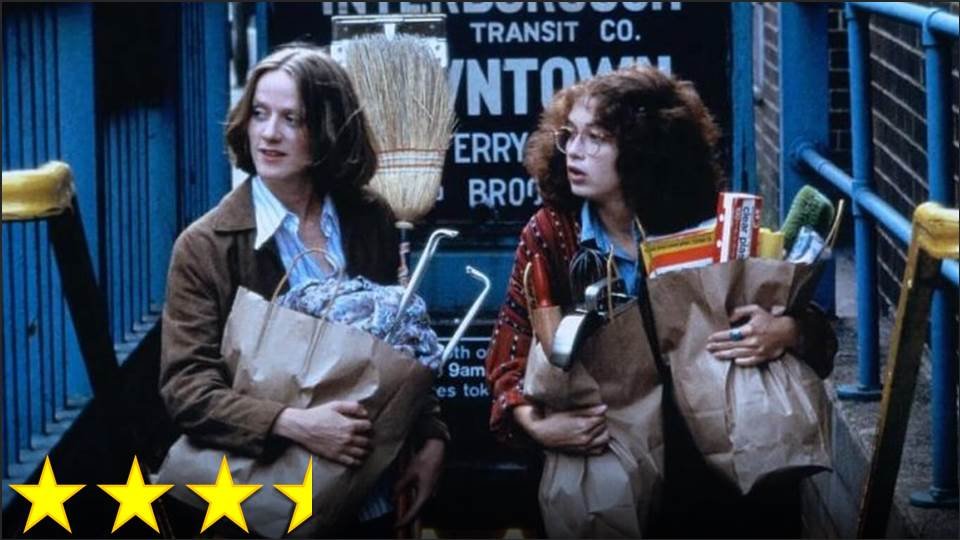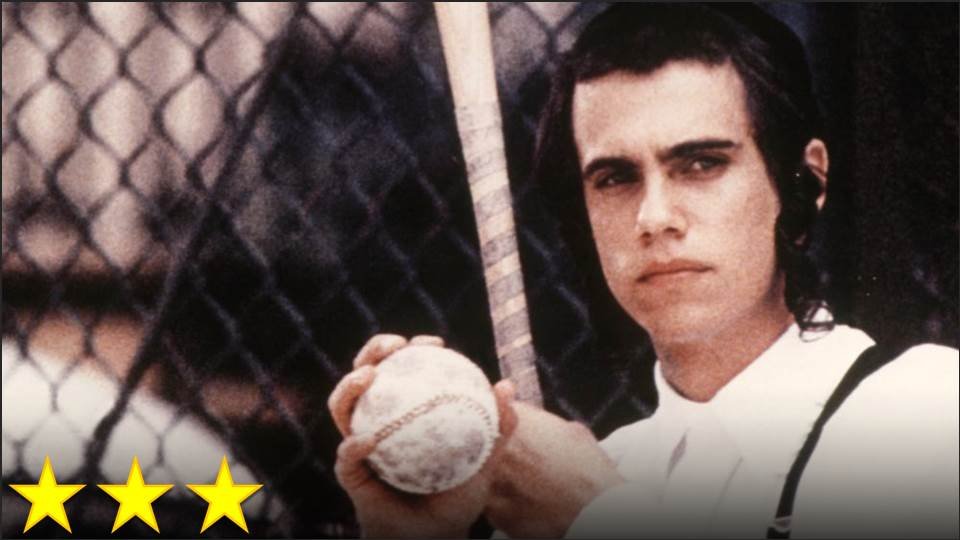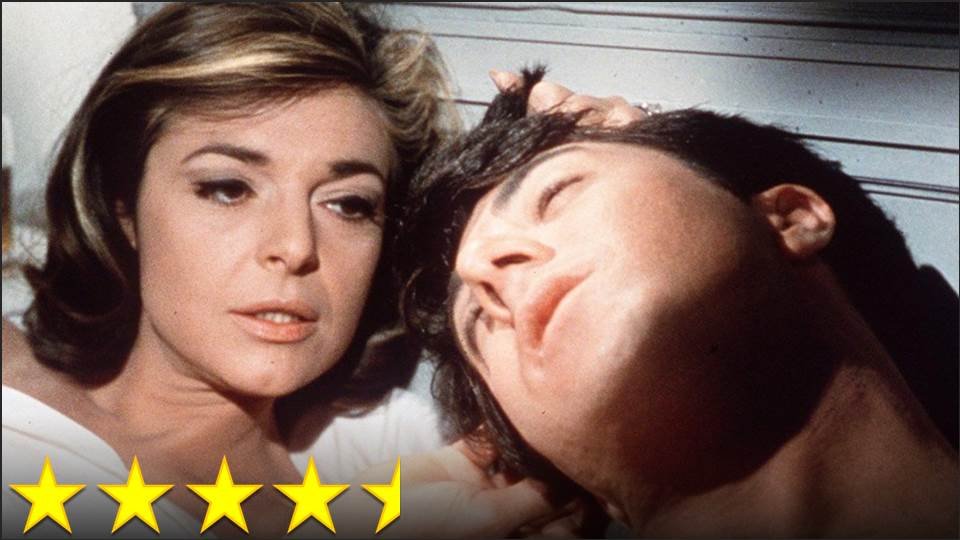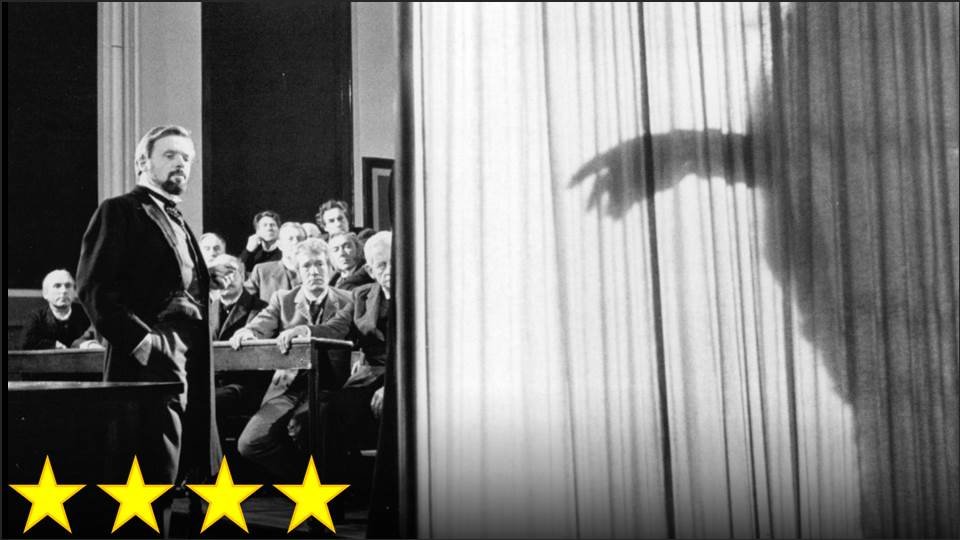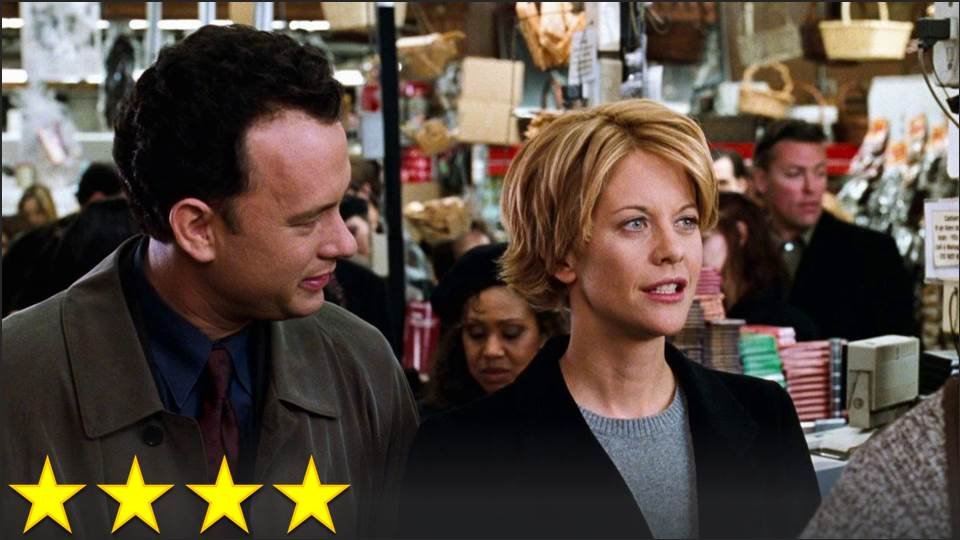This movie is not supposed to be a classic – it happened by accident. It was a flop at the box office (far more so than The Wizard of Oz) and only got played on TV because the studio let its copyright on the film lapse in the 1970s. Because so many people watched it as children with how often it was on television, it became a tradition to watch the movie every Christmas, but that doesn’t mean it’s that great. It’s one of those movies that we remember as being great from our childhood, so we can still enjoy it, much like with the Rankin-Bass specials. The difference is that It’s a Wonderful Life feels more original with the classic, memorable, charming moral of its fable, more high-quality with its top-notch director, long run-time, and great cast, and more like it fits in stylistically with the family of Wizard of Oz, Casablanca, Gone with the Wind, Citizen Kane, and other films that just feel emblematic of Classical Hollywood. At the end, however, it feels like a pretty average Classical Hollywood film to me: sometimes boring, sometimes charming, sometimes impressive, and sometimes absurdly (and dare I say stupidly) weird.
First of all, its structure is about as bizarre as that of a film noir. While Out of the Past has its interesting part in the first act and what feels like a boring afterthought for its second, this film spends the first two acts on generally humdrum exposition, leaving its iconic fantasy story for the ending. Consequently, the whole film seems long and drawn-out, and while I can appreciate how interesting it must have seemed when it first came out because its high concept was completely new to cinema at the time, I couldn’t really stay all that interested seeing as how I knew exactly how the story ends. I will say that the character of Mary Hatch/Bailey (Donna Reed) kept me interested in the story for a while, but the way that George Bailey (Stewart) treats her in most scenes, and the way he behaves in general, struck me as entirely unappealing and unrelatable. I have a very difficult time caring about what happens to Bailey in general, but I will say that the film’s ending oddly warmed my heart far more than any movie I’ve seen in a long, long time. The strength of the ending, however, is counterbalanced with the weirdness of the scenes at the beginning with the blinking stars, which were nearly a face-palm moment for me. This film is a mix of a great many distinct and interesting things, some positive and some negative, and while I can’t say that I like it, I do think its concept is one worth consideration, and I can appreciate the original ideas it has brought to the art of the moving image.

